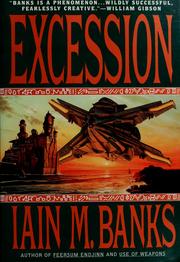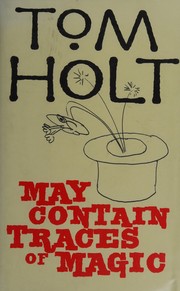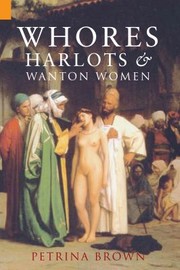
Edit 2019: I think I’ve never really properly appreciated Banks’ writing ability until this time round. While I still love the story, this time round I read it a bit slower and just appreciated some of his turns of phrase and some of his philosophy that he espouses through his characters.
—-
Excession is probably one of my favourite Culture novels, and one that I’ve read several times. It concerns the appearance of an impossible object in an obscure area of space and the various mischief and knots that the Culture and other galactic inhabitants get caught up in regarding it.
The excession itself is almost a perfect big dumb object in that it doesn’t actually do anything, at least until quite late in the book, but its very appearance sets all sorts of things into motion. And what plans they are. These being Mind-plans, of course they have multiple layers, depths going back decades and multiple levels of indirection.
I must confess that I possibly didn’t really appreciate the Affront sub-plot until this time round, particularly just how deep that plot went. The Affront themselves are a marvellously horrible creation, almost baroque in some ways. I can just imagine Banks giggling (or possibly cackling) to himself as he put finger to keyboard to bring them into existence.
Of all the Culture novels, this is probably the most Mind-oriented, in that the Humans (and, indeed, drones) of the book run around doing things, but their actions, in the end, don’t really matter that much. It’s all about the Minds, their plotting and their interaction.
A highly entertaining, intricately plotted novel, both for existing Culture-philes and a great jumping on spot for newbies.




